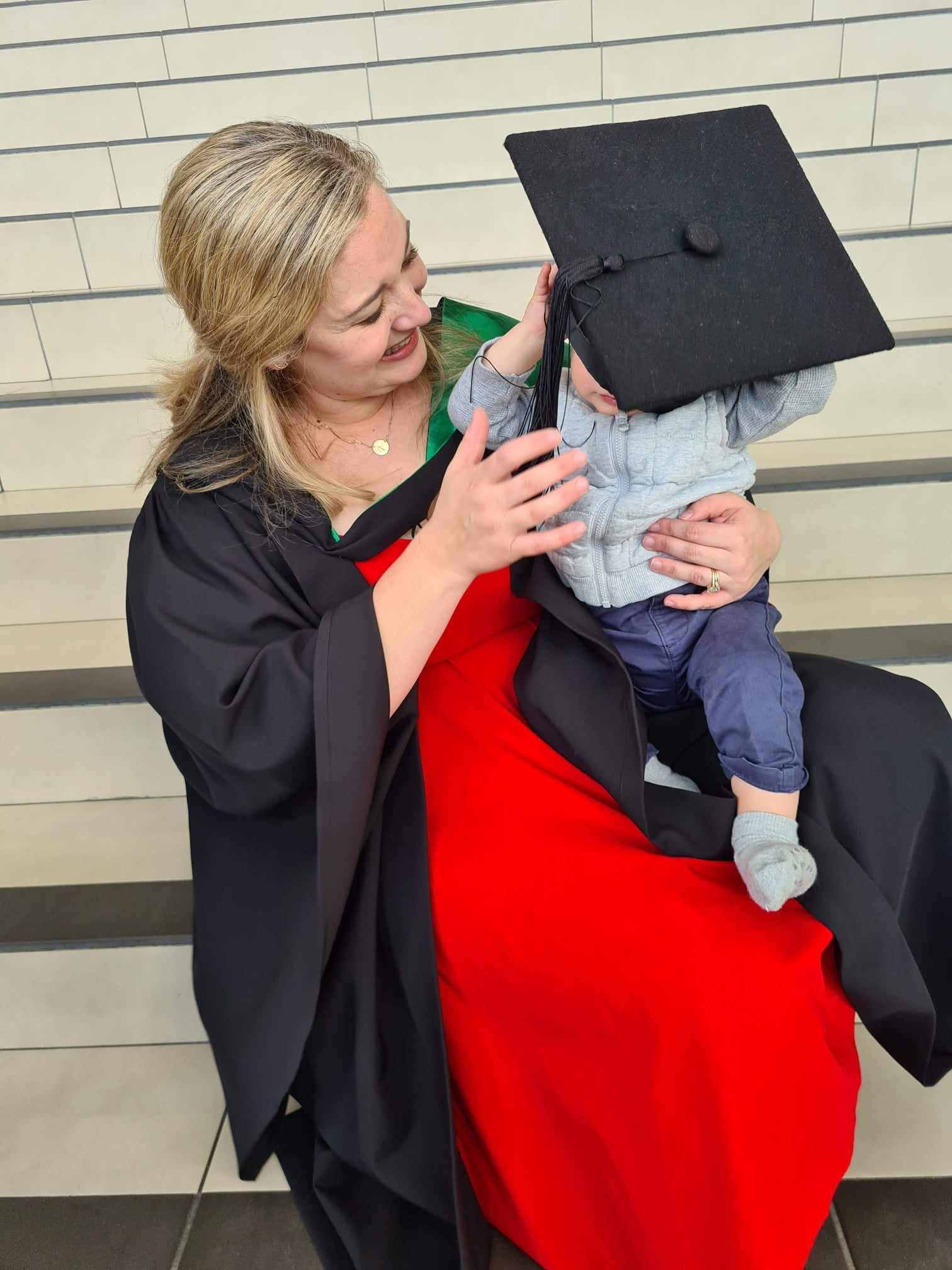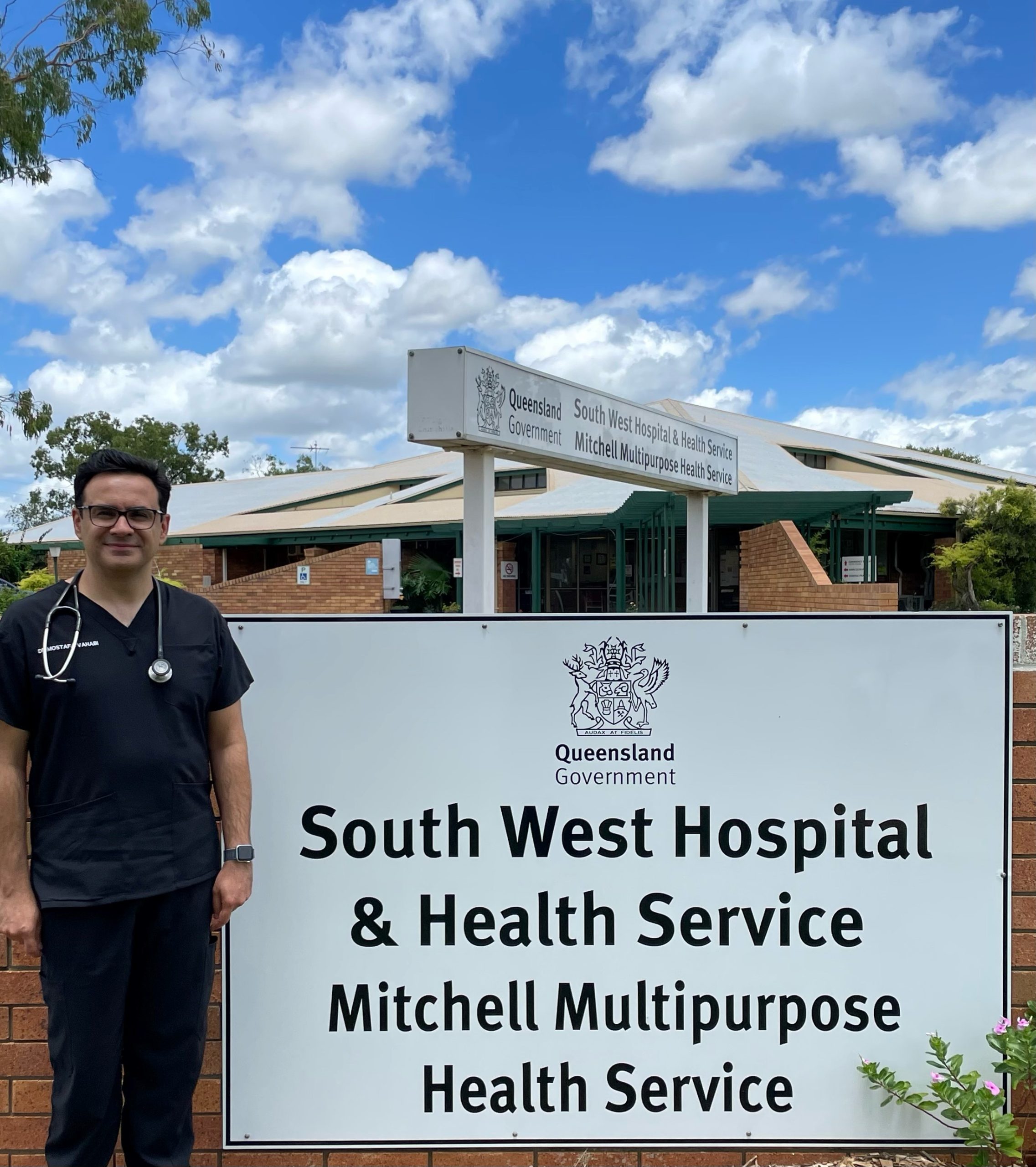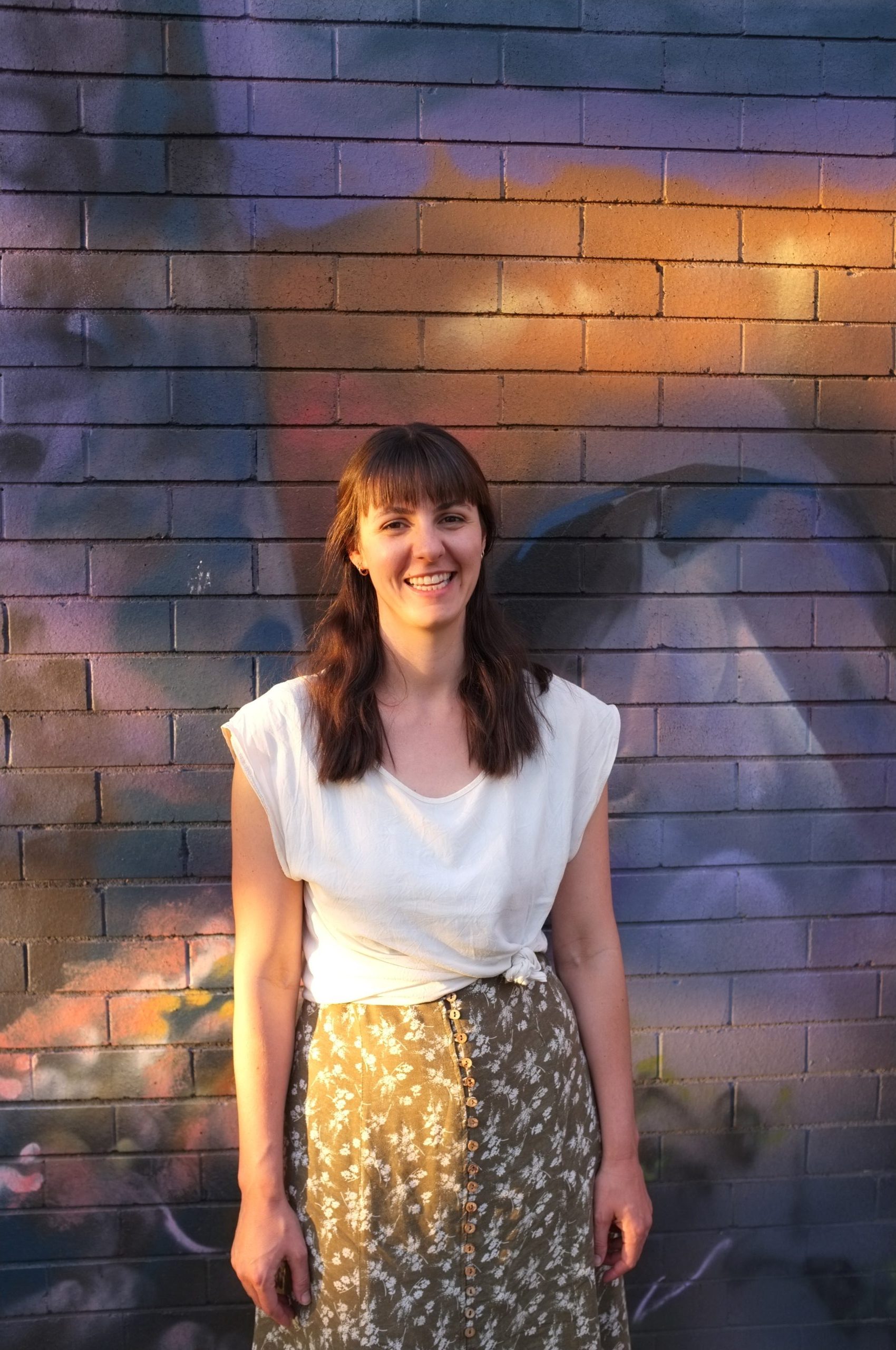As a society and as individuals we are facing the biggest challenge of a generation with the COVID-19 pandemic. A significant number of people born in Australia since the end of WWII are in the privileged situation of not knowing hardship like that experienced by generations before us. Human history is a recurring story of famine, disease, war and natural disaster. While thankfully it is not what most of us use as a frame of reference for what is ‘normal’ now; we should be mindful that our normal is already, and will continue to be, shaped by COVID-19 in the coming weeks and months.
As medical professionals, we are expected to continue doing our jobs. We have multiple responsibilities to ourselves, our families, our patients, our rural and remote communities and to the whole of our society.
If w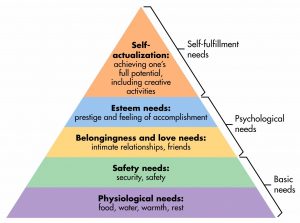 e remember back to psychology 101, most of us will recall the concept of Maslow’s Pyramid that describes human needs and motivations. As medical professionals, most of us are in the privileged situation of having our basic and psychological needs met daily which allows us to function in the ‘self-actualisation’ zone, enabling us to perform as clinical decision makers and leaders. The challenge is how we stay in this zone when the lower layers of the pyramid are at risk. The reaction of individuals in times of crisis can in many ways be understood by how robust their pyramid is. Panic buying is an attempt to sure up the bottom layers, especially if these are already insecure.
e remember back to psychology 101, most of us will recall the concept of Maslow’s Pyramid that describes human needs and motivations. As medical professionals, most of us are in the privileged situation of having our basic and psychological needs met daily which allows us to function in the ‘self-actualisation’ zone, enabling us to perform as clinical decision makers and leaders. The challenge is how we stay in this zone when the lower layers of the pyramid are at risk. The reaction of individuals in times of crisis can in many ways be understood by how robust their pyramid is. Panic buying is an attempt to sure up the bottom layers, especially if these are already insecure.
It is essential that we recognise the importance of our basic and psychological needs and make efforts to protect them. There are a few examples of ways to do this:
• Ensure you get adequate rest and sleep.
• Keep in contact with friends and loved ones, which is easier now than ever before.
• Use technology to enable communication but don’t let it isolate you from human contact within your own home.
Going to work carries risk of exposure and infection. To continue to perform at our full potential in a risk environment, we need to adopt the thriver mindset as described by Dan Diamond, an expert in medical response to disasters. I recommend his book Beyond Resilience – Trench Tested Tools to Thrive Under Pressure. The thriver mindset is characterised by a “belief in the power to make a difference and that it is not all about them”. Choosing to go out and make a difference in service to others is something that we do daily. Being a powerful giver is the peak of self-actualisation. Maintaining this mindset in difficult times not only leads to our own success and fulfilment, it allows us to bring others along with us.
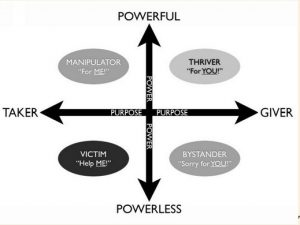
Beyond Resilience: Trench-Tested Tools to Thrive Under Pressure. Dan Diamond 2015
Look at the structure of your own pyramid. Do what needs to be done to secure it. Have belief in your own abilities and adopt the thriver mindset. Reach out to support networks around you, including the QRGP team, to debrief and look after mental as well as physical health. Above all stay safe and follow full precautions to protect yourself at work. Be a thriver who makes a difference in these difficult times.
Dr John Douyere | QRGP Medical Director



